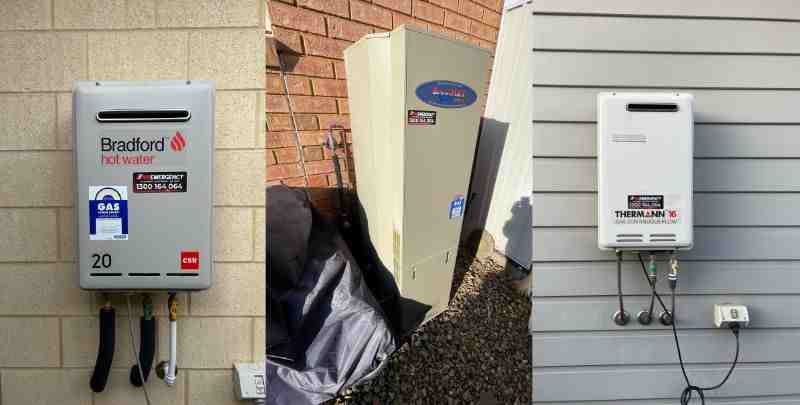Looking to upgrade your hot water system at home? With energy efficiency advancements and a variety of configurations now available, identifying the ideal or best gas hot water systems unit like Same Day Hot Water Service for your household’s needs has become more complex.
By carefully thinking through the following key aspects, you can zero in on the perfect system to efficiently provide abundant hot water for your lifestyle, budget and home’s parameters.
Contents
1. Energy Star Certified
Ensure any new gas system you are considering carries Energy Star certification, which signifies meeting strict energy efficiency standards set by U.S. authorities. Certified models utilize less gas for heating water, thus reducing operating costs and environmental impact over older units lacking the latest optimizations.
2. Size Appropriately
Consider realistic hot water demands in sizing the system’s tank capacity and heating power level. Factors like family size, peak usage periods, simultaneous uses across baths/showers and typical flow rates help determine ideal sizing. Oversizing risks more heat loss. Undersizing causes insufficient heated water. Consult a qualified plumber for recommendations.
3. Condensing vs Conventional Efficiency
Condensing units capture additional heat before gas exhaust escapes up the flue, boosting efficiency up to 95%. However, the technology costs more than conventional models around 80%-82% efficiency. Run calculations on when higher condensing efficiency offsets the purchase premium in your utility rates and usage for the best ROI.
4. Venting Requirements
While non-condensing units utilize natural air draft flues, condensing systems require specialized sealed, sloped vents for exhaust. Consider installation feasibility for running new vent pathways if replacing old units, especially in apartment blocks or complexes. Cooler low-ceiling attic spaces also influence venting capabilities.
5. Hybrid Electric Heat Pumps
An emerging trend utilizes integrated heat pumps that draw ambient air or airflow to augment water heating using less gas. Consider models pairing gas with electric heat pumps for increased efficiency during warmer months especially. Dual heating designs maximize energy savings year-round.
6. Smart WiFi Monitoring
Advanced tankless units feature built-in WiFi and apps, so users can closely control water heating remotely via smartphones. Consider units with schedules, usage reports and temperature fine-tuning for both efficiency and added home convenience. Smart alerts even notify potential issues demanding maintenance.
7. Recirculation Pumps and Insulation
For properties suffering significant hot water delivery lag time at distant taps, newer recirculating pump systems conserve water previously wasted awaiting heated flow. Insulating both tanks and household water piping also reduces standby thermal losses. Combining these can cut hundreds of dollars annually for some homes.
Conclusion
Evaluating these key considerations when upgrading to modern gas hot water heating ensures selecting the optimal system for efficiency, convenience and budget based on your household’s unique needs. Sizing, heating design, venting, piping insulation and smart controls all play pivotal roles in maximizing operational savings over the system’s lifespan. Analyzing options using these guidelines allows gas appliances to affordably provide reliable comfort and convenience, which would in turn make your life happy.

